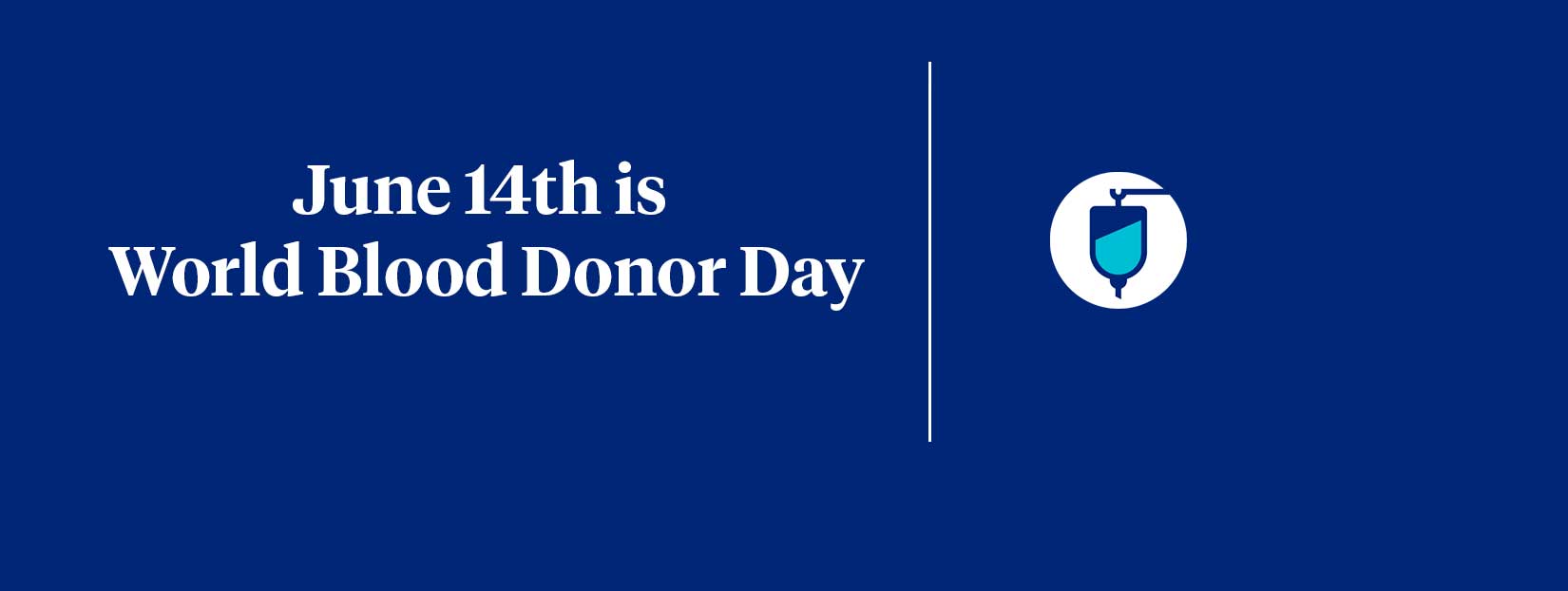Read a short note from Dr. Amit Arwindekar on World Blood Donor Day:
World Blood Donor Day (WBDD) is an annual observance to thank voluntary, unpaid blood donors. It also serves to raise awareness of the ongoing need for safe blood and blood products around the world.1 The latest data shows that one donated unit of blood can save up to three lives,2 yet demand far outstrips supply. The UK, for example, needs 400 new donors a day to meet current demand.3
The need for safe blood is not just specific to one country. Around the world, many patients requiring blood transfusions do not have access to safe treatments and urgent interventions. Just 79% of high-income countries have passed specific legislation for national blood policy. In low-income countries, that figure is 39%.4 The vast difference in access between high- and low-income countries highlights the basic need for safe and adequate blood.
Donating blood is simple. You will be made as comfortable as possible, usually in a special chair or bed. The area inside one of your elbows will be cleaned with an antiseptic solution before a trained health professional will insert into your vein a sterile needle connected to a blood collection bag. The process usually takes about 10 minutes, and then it is recommended that you sit in the waiting room for 15 minutes to reduce the risk of fainting.5
Enough blood to save lives every day can only be possible through regular blood donations. Today we urge more people all over the world to become lifesavers by volunteering to donate blood regularly. Learn more about donating blood: https://www.who.int/news-room/fact-sheets/detail/blood-safety-and-availability
--------------------------------------------------------------------------------------------------------------------------------------------------------------------------------------------------------------
Resources:
1: https://www.who.int/campaigns/world-blood-donor-day
2: https://www.euro.who.int/en/health-topics/Health-systems/blood-safety/data-and-statistics
3: https://www.nhsbt.nhs.uk/how-you-can-help/get-involved/key-messages-and-information/blood-donation-key-messages-and-information
4: https://www.who.int/news-room/fact-sheets/detail/blood-safety-and-availability
5: https://www.blood.co.uk/the-donation-process/preparing-to-give-blood/
